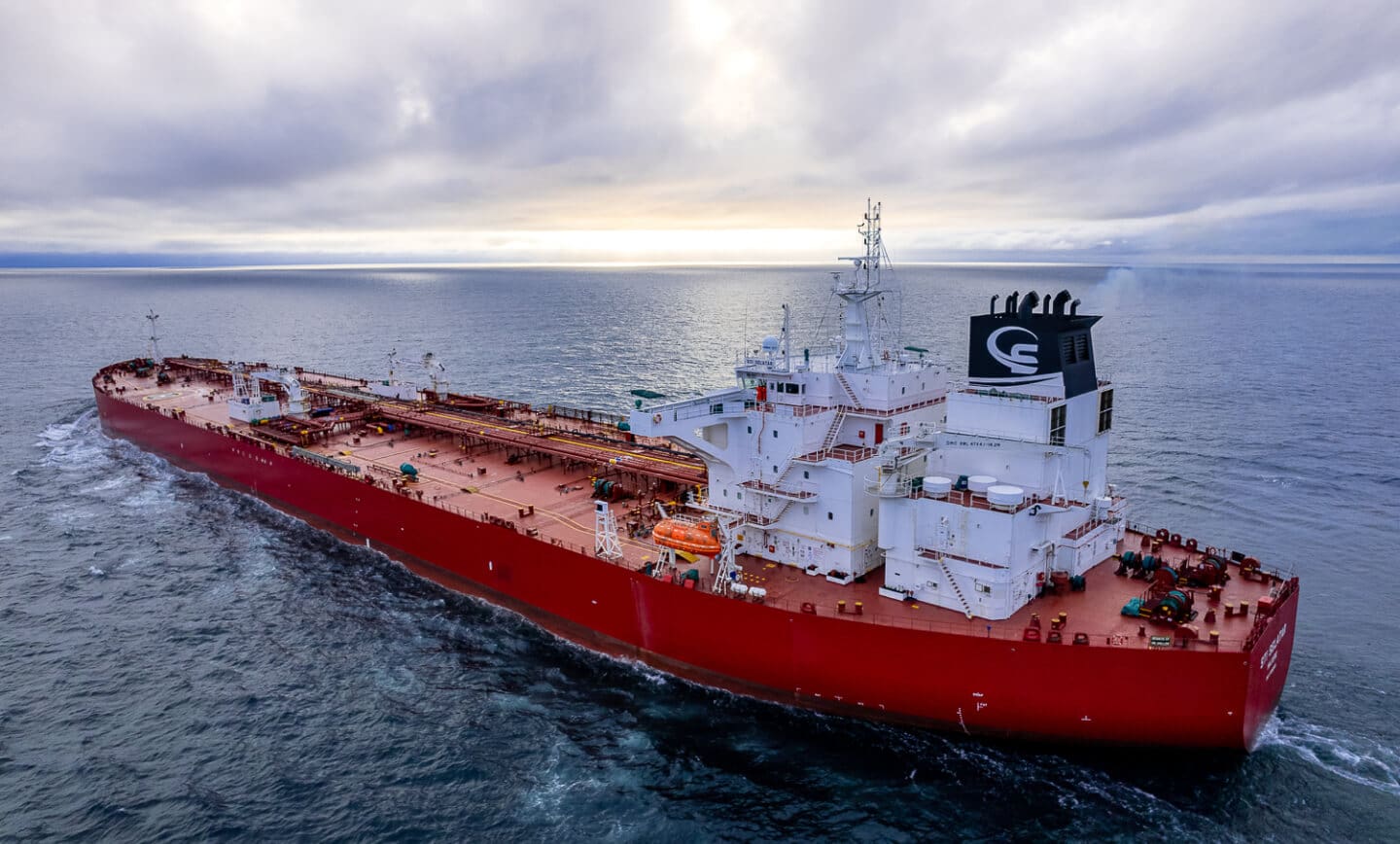Alternative fuel system
With the installation of the FOWE Cavitech™ emulsion system, Scorpio Tankers could drastically cut greenhouse emissions across the entire fleet. Many in the shipping industry are waiting with bated breath to see which alternative fuel system will be the best one going forward.
In a past Beacon article on shipping decarbonization by Scorpio’s Managing Director, Francesco Bellusci, he discussed the main four alternative fuels that the industry is considering. Biofuel, Methanol, Ammonia, and Hydrogen–but each one has significant limitations and obstacles to implement and/or transport (you can read the full article in Beacon 23, accessible on the file sync).
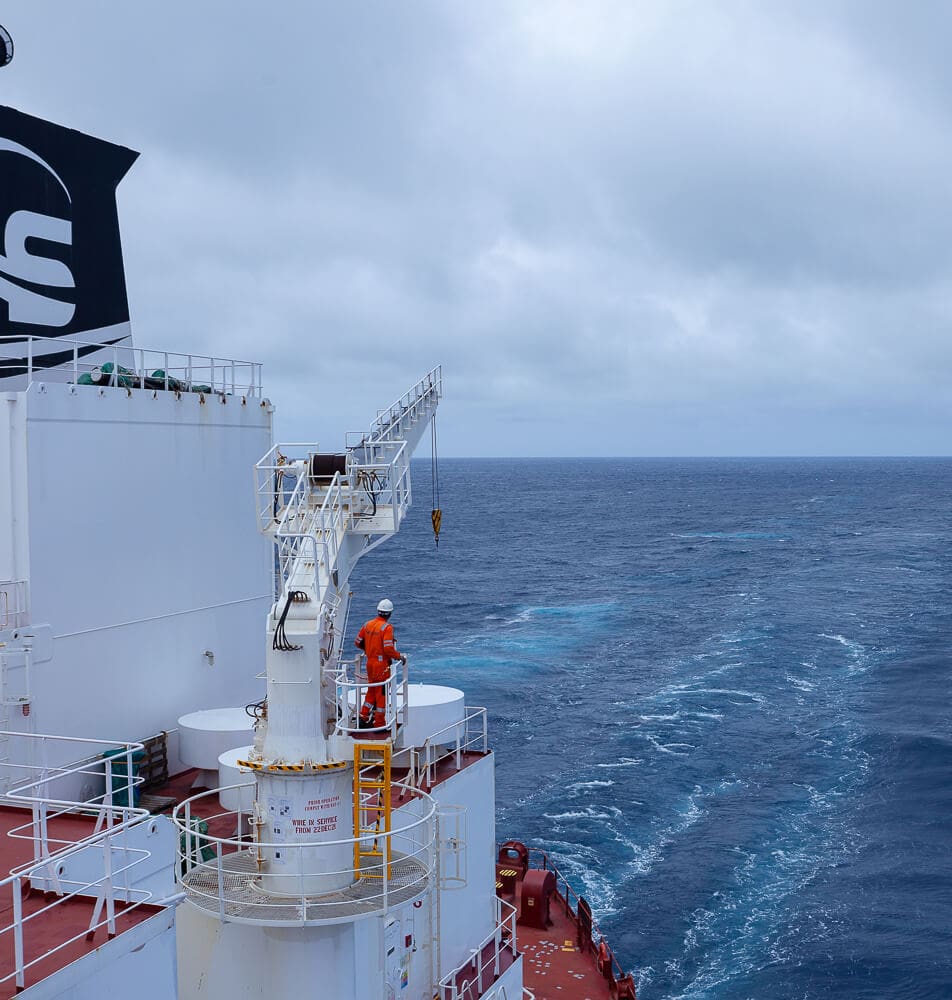
Alternative fuel
Wind power has been making news lately, however, for the size and weight of a tanker ship, the onboard sails are not producing enough power to make a significant impact. Therefore, most shipping companies are in a holding pattern waiting for improved technologies to make an alternative fuel source a viable and cost-effective alternative.
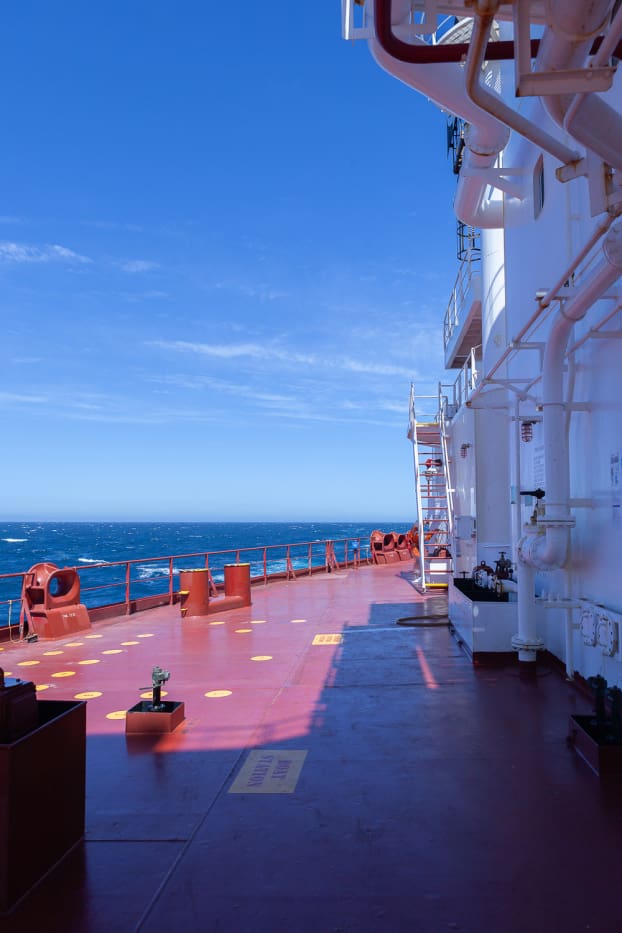
Fowe Eco Solutions Ltd
Unfortunately, this ‘wait and see’ strategy is not conducive to innovation, nor is it getting us closer to the IMO’s Net Zero target by 2050. In the meantime, Scorpio has been actively researching and investing in ways to decrease emissions and increase fuel efficiency with its current fleet, in order to make a difference now.
One such company, Fowe Eco Solutions Ltd. (“FOWE”), has developed a fuel cavitation technology that uses static pressure to create stable, emulsified fuel or oil blends without needing any harmful chemical additives or stabilizers, and it is easily installed on current heavy fuel engines.
The result of this emulsion is more efficient, cleaner burning fuel with greatly reduced sulfur and nitric oxide emissions, and it also avoids the engine-clogging polymer bonds and free radicals that regular fuel produces—which means that in addition to fuel savings from increased efficiency, there is less engine wear and lower maintenance cost.
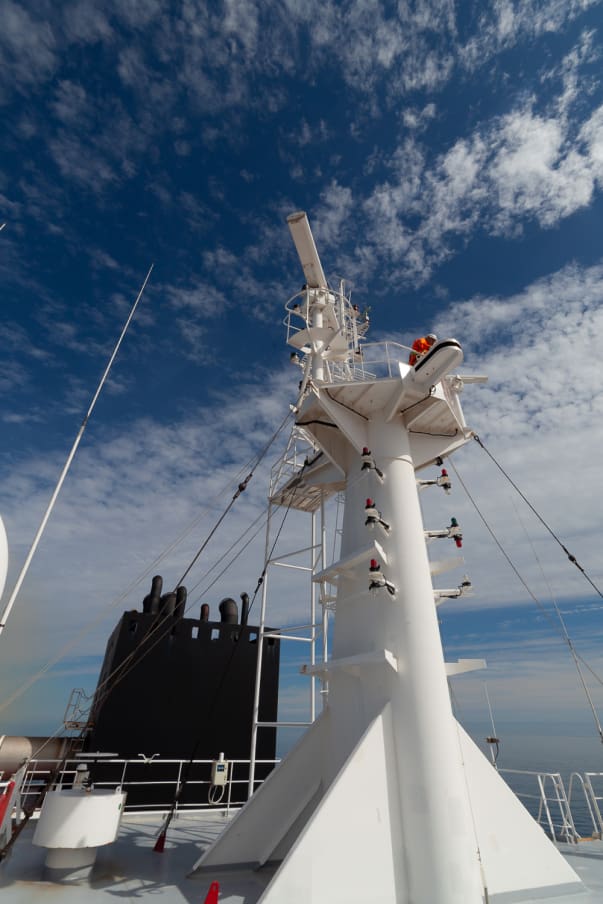
Better Fuel Combustion
FOWE’s Cavitech™ device has been tested in numerous applications for heavy engine use, including oil refineries and marine engines.
The tests resulted in 8-10% better fuel combustion and a drastic decrease in greenhouse gas emissions. According to the company, recent tests conducted at the Alfa Laval Test and Training Centre in Aalborg, Denmark, indicate potential fuel savings of up to 6.3% for boilers and 8.7% for marine four-stroke engines. In 2022, Scorpio Tankers allowed FOWE to test the system on one of their vessels, the STI Action, during a voyage from Borsel to Skagen.
The results showed upwards of 10% fuel saving, more than proving its worthiness as an actionable step in the right direction.
Conservative estimates on the overall savings across Scorpio Tanker’s fleet are 5% on overall operating costs; a reduction of 3% in fuel costs; and the prevention of 100,000 tons of carbon emissions annually. For Chairman and CEO, Emanuele Lauro, the FOWE system fits perfectly with Scorpio’s core values of integrity, stewardship, sustainability–and with moxie, he decided to install it on every vessel.
FOWE’s Cavitech™ Technology
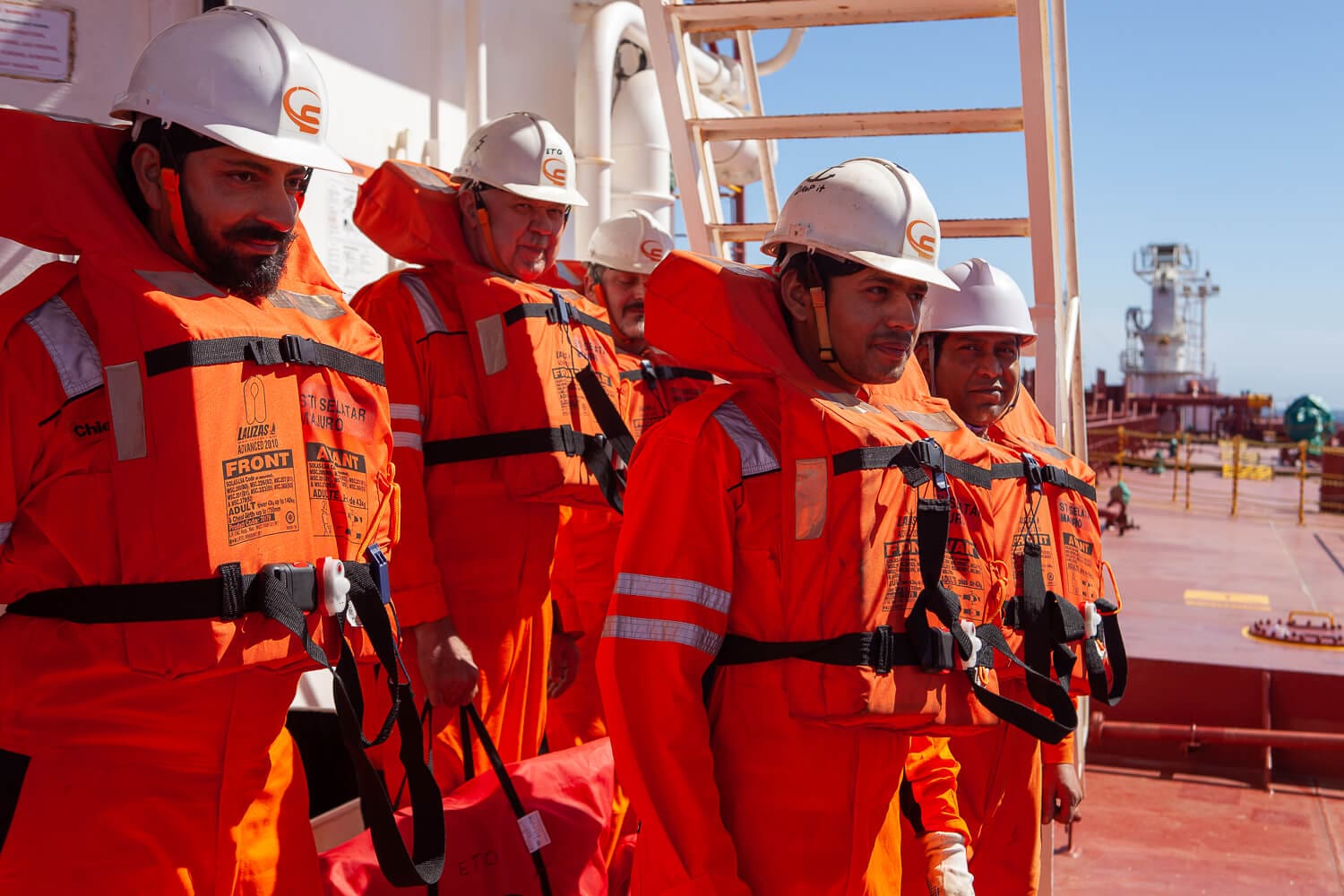
FOWE’s Cavitech™ Technology
On 22 February 2024, Scorpio Tankers Inc. made a buzz in international news with the announcement to install FOWE’s Cavitech™ Technology on its entire fleet. According to the STING press release, the terms of the licensing agreement will require no material upfront costs for Scorpio.
So, it makes fuel more efficient, reduces greenhouse emissions, protects the engine, and can be easily installed without large upfront fees. Is it a magic bullet? Let’s take a closer look at how the Cavitech™ system works.
In terms of financial and environmental benefits, the FOWE system stands out for its clear and immediate advantages. Requiring little in the way of initial investment and eliminating the need for installation downtime, the FOWE solution presents an ideal pathway to reducing operating expenses and curbing greenhouse gas emissions.
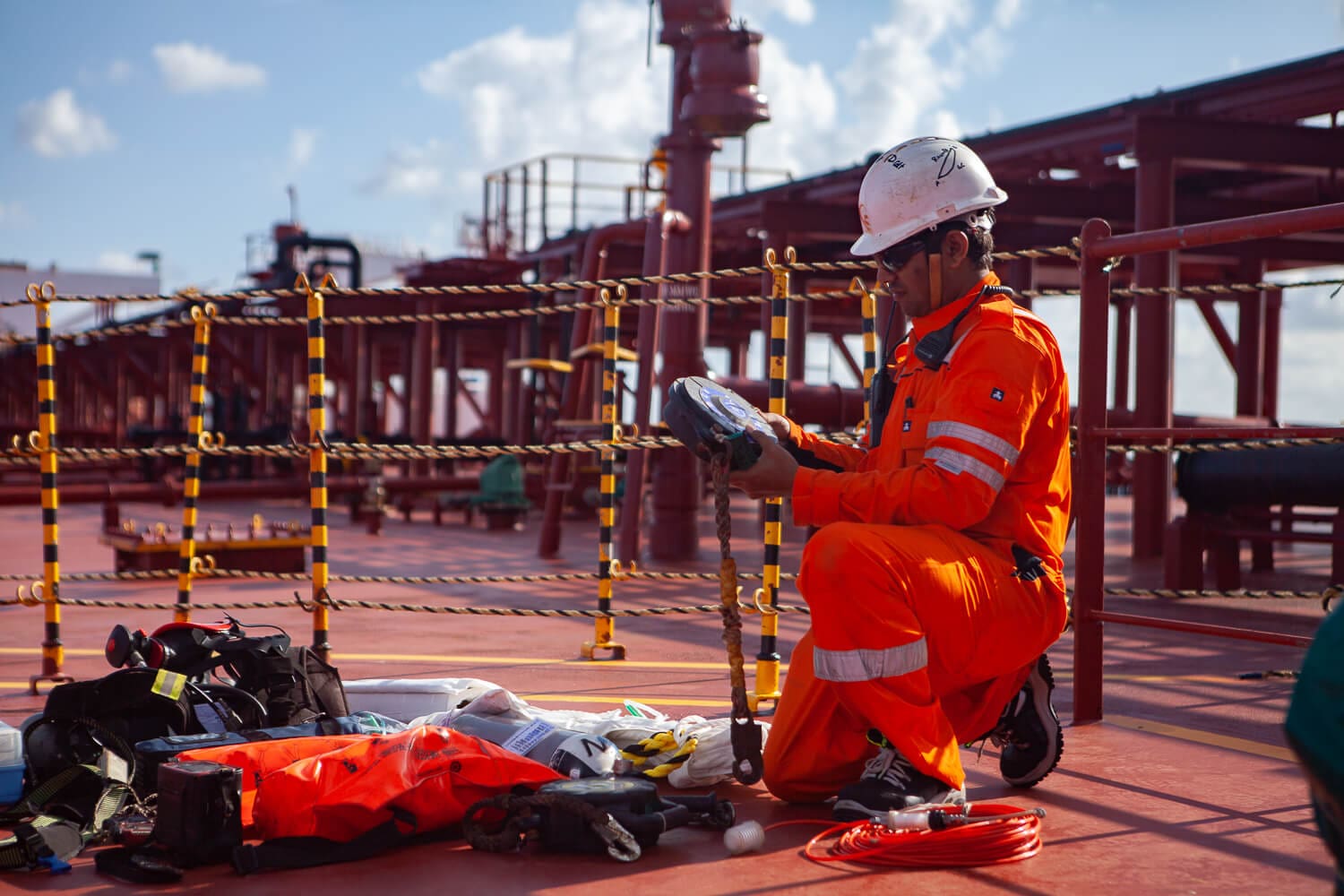
Water-emulsified fuels
The process that FOWE has developed enables cavitation of various materials with instantaneous mixing, heat treatment, dispersion, change of aggregate state structure, and activation of chemical bonds.
